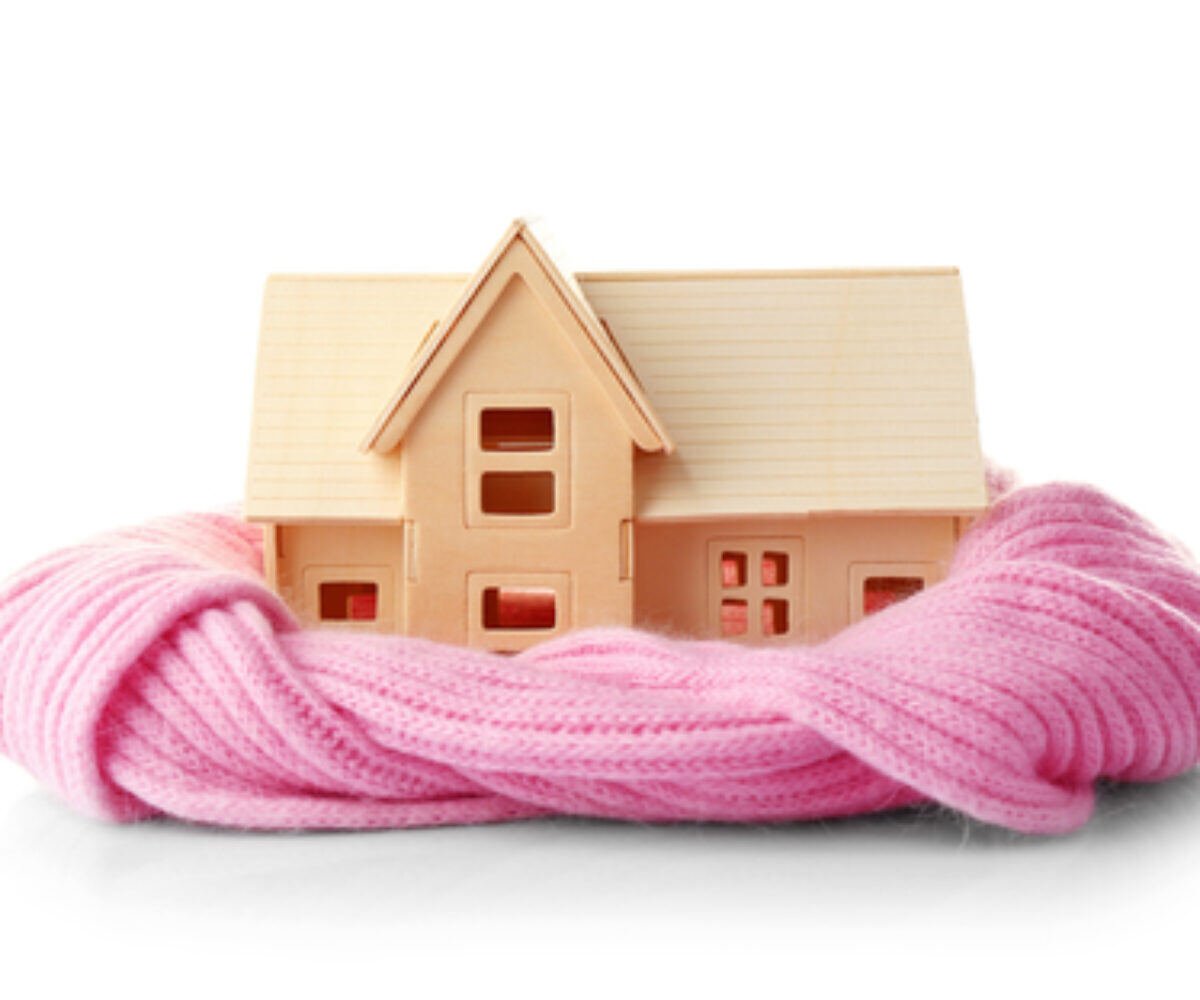What are the Best Heating Options for a New Custom Home?

Although the furnace may not be the most glamorous feature of a new home, the one you choose will have ramifications for years to come. How do you know which heating options are best for a new home? When building a custom home, an HVAC (heating, ventilation, air conditioning) contractor will help you make the right choice based on the size and layout of the home, your budget, and your lifestyle.
Several aspects factor into the decision:
Fuel Type or Energy Source
First, identify the fuel source(s) available at your home site. Natural gas is the most popular heating fuel because of its relative affordability and availability in many places. When natural gas is not available, propane or LP gas is the next option.
Distribution System: Forced Air or Hot Water
A forced-air system distributes heat throughout the home via air ducts and registers. Affordability makes this the most-used and popular choice in new home construction. Hot water or hydronic systems use a boiler to heat water, which is then circulated through the home via copper or plastic piping. Typically with this type of system, the heat enters the rooms through baseboard radiators. However, some hydronic systems circulate the hot water through pipes enclosed in the floor slab. The heat radiates evenly throughout the room.
Both types of distribution systems have inherent advantages and disadvantages.
- The ducts used in a forced-air system for heating can also be the conduit for central air conditioning, ventilation, and the management of indoor air quality by controlling humidity and filtering dust, debris and contaminants. Ducts must be properly sealed to minimize leakage.
- Hydronic systems provide more even temperatures, particularly those that use radiant heat flooring. Dust is not blown into the air. Hydronic systems are more expensive than forced-air systems, and the same system cannot be used for central air conditioning or ventilation. It can, however, be used to provide domestic hot water.
Types of Heating Systems
- Furnaces (forced air distribution system)
Furnaces create heat through combustion; the fuel is mixed with air and burned. A metal heat exchanger transfers the heat to the air which is then delivered throughout the home via ductwork that connects the furnace to registers in the various rooms. Newer models have come a long way to increase energy efficiency and eliminate wasteful heat loss. Nevertheless, the system requires regular maintenance to stay at peak efficiency and performance. Most furnaces are designed to last about 15-20 years.
- Boilers (water distribution system)
Rather than using the air to deliver heat, boilers use water. As the hot water passes through the radiator, or through tubing in the floor, the heat is given off into the room. The cooled water then goes back to the boiler to be reheated.
- Heat Pumps (geothermal system)
Heat pumps use the natural heat from below the surface of the earth to warm a home in winter and return the heat to the earth in summer to cool the home. Like furnaces, most use a forced-air delivery system. Ground source heat pumps use loops buried 3-6 feet deep to move the heat to and from below ground. Though expensive to install, heat pumps are highly efficient and last about 16 years with regular maintenance.
Efficiency & Overall Cost
For the greatest energy savings, purchase the most efficient system you can afford. More expensive systems become more affordable once the monthly energy savings are factored in. Highly efficient heating and cooling units can pay for themselves within a few years with lower energy costs, even when you add in average maintenance costs. Ask your home builder’s HVAC contractor to provide estimates of typical maintenance costs and energy savings when recommending the right system for your home.
/Sheffield_Logo_Horizontal_Reversed.png)


